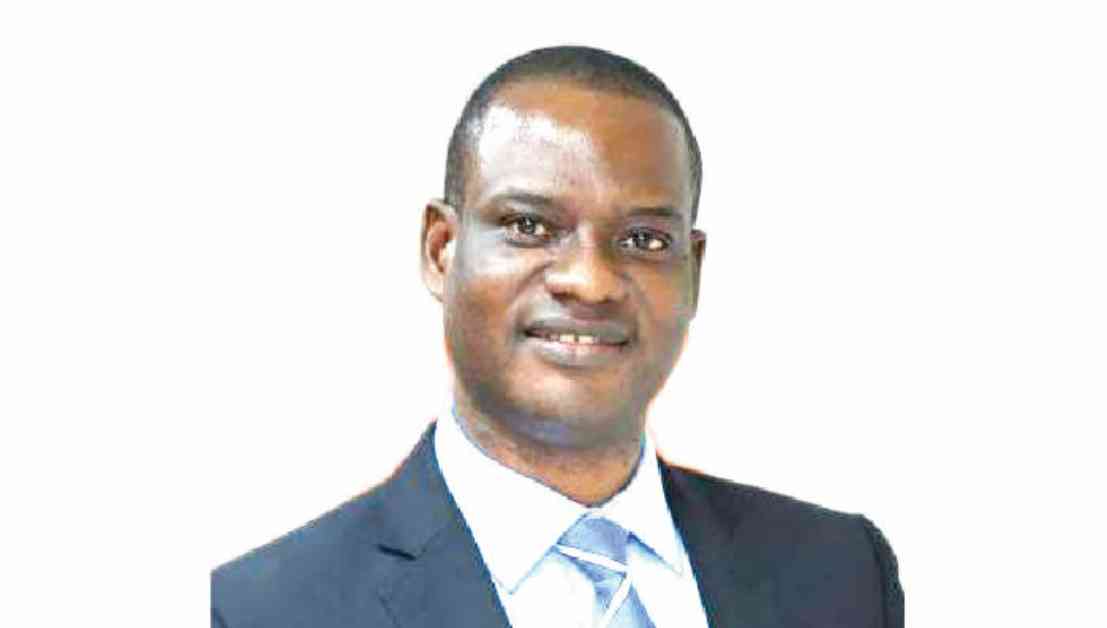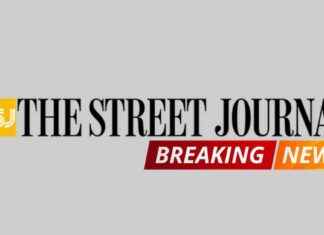Nigerian Tax Laws Under Scrutiny for Economic Growth
The Nigerian tax system has long been a subject of contention, with experts and policymakers alike questioning its effectiveness in fostering economic growth. One prominent voice in this ongoing debate is Taiwo Oyedele, the Chairman of the Presidential Committee on Fiscal Policy and Tax Reforms. Oyedele recently made headlines for his candid remarks on the current state of tax laws in Nigeria, describing them as a hindrance to progress.
During his keynote address at the Economic Roundtable/2025 macroeconomic outlook event organized by Agusto & Co. in Lagos, Oyedele pulled no punches in his assessment of the country’s tax regime. He expressed concerns that the existing system is stifling growth and impeding efforts to move the economy forward. According to Oyedele, Nigeria’s tax laws are overly burdensome, with a multitude of taxes and taxing agencies that create obstacles for businesses of all sizes.
In a poignant anecdote shared at the event, Oyedele recounted a conversation with a small business owner who likened the government’s approach to taxation to a feast on businesses. The woman’s sentiment captured the frustration felt by many entrepreneurs who grapple with the complexities and inefficiencies of the tax system. Oyedele highlighted the need for a more supportive and streamlined approach to taxation, one that fosters entrepreneurship and economic prosperity.
Reflecting on the challenges facing the Nigerian economy, Oyedele also touched upon the issue of foreign exchange and the divide between the official and parallel markets. He proposed a novel solution to address this disparity, suggesting the imposition of a tax on any premium earned in the parallel market. While acknowledging that such a measure might not be popular, Oyedele emphasized the potential benefits of curbing market distortions and enhancing fiscal stability.
Yinka Adelekan, the Managing Director of Agusto & Co., echoed Oyedele’s sentiments, emphasizing the need for strategic responses to the evolving global landscape. She highlighted the intersections of globalization, technological innovation, sustainability, and geopolitical shifts as pivotal factors shaping Nigeria’s future development. Adelekan’s remarks underscored the importance of adaptability and foresight in navigating the complex challenges of the modern economy.
Dr. Doyin Salami, a renowned economist, added his voice to the discourse, emphasizing the importance of efficient government spending and economic stability. Salami outlined four key conditions for stability in any economy, including robust output growth, low and falling inflation rates, sound fiscal management, and a healthy external account. He underscored the urgency of addressing these pillars to ensure sustainable economic progress and mitigate risks of instability.
Johnson Chukwu, a financial analyst and Group Chief Executive Officer of Cowry Assets Management, offered a critical perspective on the government’s economic policies. Chukwu highlighted a perceived gap between policy formulation and execution, pointing to a need for greater implementation effectiveness. His assessment underscored the importance of translating policy intentions into tangible outcomes that benefit the economy and society at large.
As Nigeria grapples with the complexities of its tax system and broader economic challenges, the insights and perspectives shared by experts like Oyedele, Adelekan, Salami, and Chukwu offer valuable guidance for policymakers, businesses, and citizens alike. Their collective call for reform, efficiency, and strategic foresight resonates as a timely reminder of the importance of fostering a conducive environment for economic growth and prosperity.
With ongoing discussions and debates shaping the trajectory of Nigeria’s fiscal and economic policies, the need for collaboration, innovation, and decisive action remains paramount. As stakeholders across sectors come together to address these pressing issues, the path to a more resilient, inclusive, and dynamic economy begins to take shape. The journey ahead may be challenging, but with informed insights and proactive engagement, Nigeria can navigate towards a future of sustainable prosperity and progress.



























